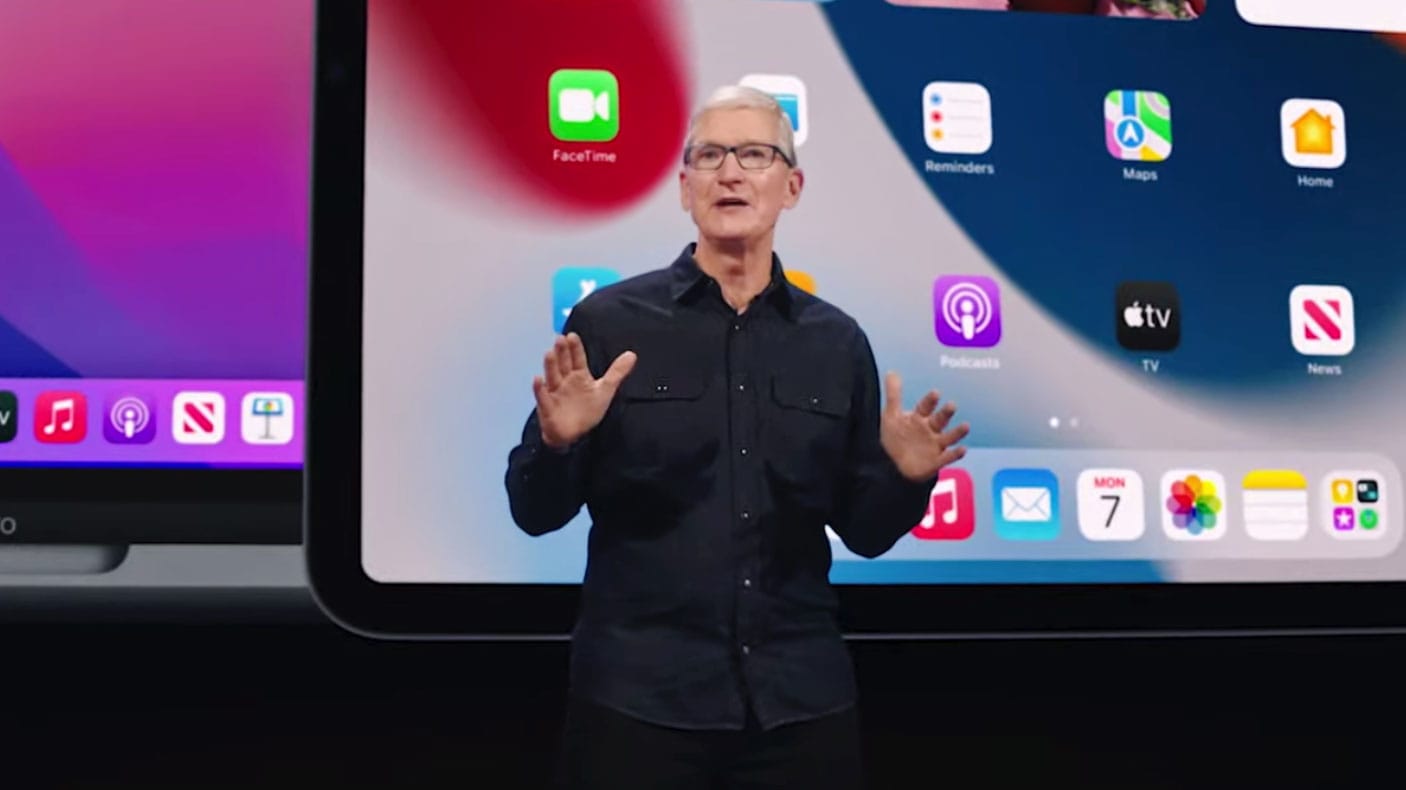Apple’s products compete as gaming platforms with Sony Playstation, Microsoft Xbox and Nintendo, the company said on Friday in a regulatory filing.
Previously, Apple only said it competed against Google’s Android in smartphones and Microsoft Windows in PCs for the attention of software developers.
Apple’s competitors were an important topic in a high-profile antitrust trial with Epic Games earlier this year in which Apple argued that it didn’t have a monopoly because its App Store competed against other gaming platforms that also offered Epic’s Fortnite, the Epic app Apple banned from its store.
At the time, the company did not list gaming consoles as competitors in its SEC filings.
Ultimately, the judge ruled that Apple did not have a monopoly in the market for “mobile gaming transactions,” but ordered the company to change its business practices and allow developers to link out to payment methods not operated by Apple. Epic Games and Apple are appealing the ruling.
The update in Apple’s annual filing also reflects how much money the company makes from gaming on its phones and tablets.
According to the court ruling in the Epic Games trial, about 70% of all App Store revenue comes from gaming apps, which is generated by less than 10% of App Store users.
Apple is also increasingly catering to gamers in product decisions. In September, Apple released new iPhone 13 Pro models with displays that can increase their refresh rate, a popular feature among gamers.
Apple’s App Store had gross sales of over $64 billion in 2020, according to a CNBC analysis. Apple makes more profit from games than companies like Microsoft, Nintendo, Activision Blizzard and Sony, the Wall Street Journal reported earlier this month.
Risks from legislation and government investigations
Apple warned investors in its annual filing that it may be forced to make further changes to its App Store, which could decrease the number of apps downloaded and reduce the commission Apple takes.
Apple “is also subject to litigation and investigations relating to the App Store, which have resulted in changes to the Company’s business practices, and may in the future result in further changes,” the company said in the filing with the SEC.
Apple takes between 15% and 30% of paid software downloads, in-app purchases and subscriptions sold by third-party apps on its App Store.
Apple’s App Store is part of its services business, which reported $68.43 billion in sales in the company’s fiscal 2021, a 27% increase over the previous year. Apple doesn’t break out revenue from the components in services, which also include subscriptions, extended warranties and advertising.
According to Apple’s filing, sales in its services business increased last year primarily because of growth in advertising, App Store and cloud. But Apple warned that its advertising business may be hurt by increased scrutiny on other technology companies.
“For example, the Company earns revenue from licensing arrangements with other companies to offer their search services on the Company’s platforms and apps, and certain of these arrangements are currently subject to government investigations and legal proceedings,” Apple said in the filing.
While Apple didn’t name Google, it has a lucrative licensing agreement under which Google is the default search engine on iPhones. The Department of Justice cited “public estimates” that Google pays Apple between $8 billion and $12 billion per year as part of this deal as part of an antitrust lawsuit against Google.
https://www.cnbc.com/2021/10/29/apple-says-it-competes-with-playstation-xbox-and-nintendo.html




/cdn.vox-cdn.com/uploads/chorus_asset/file/25006793/IMG_3844.jpeg)

